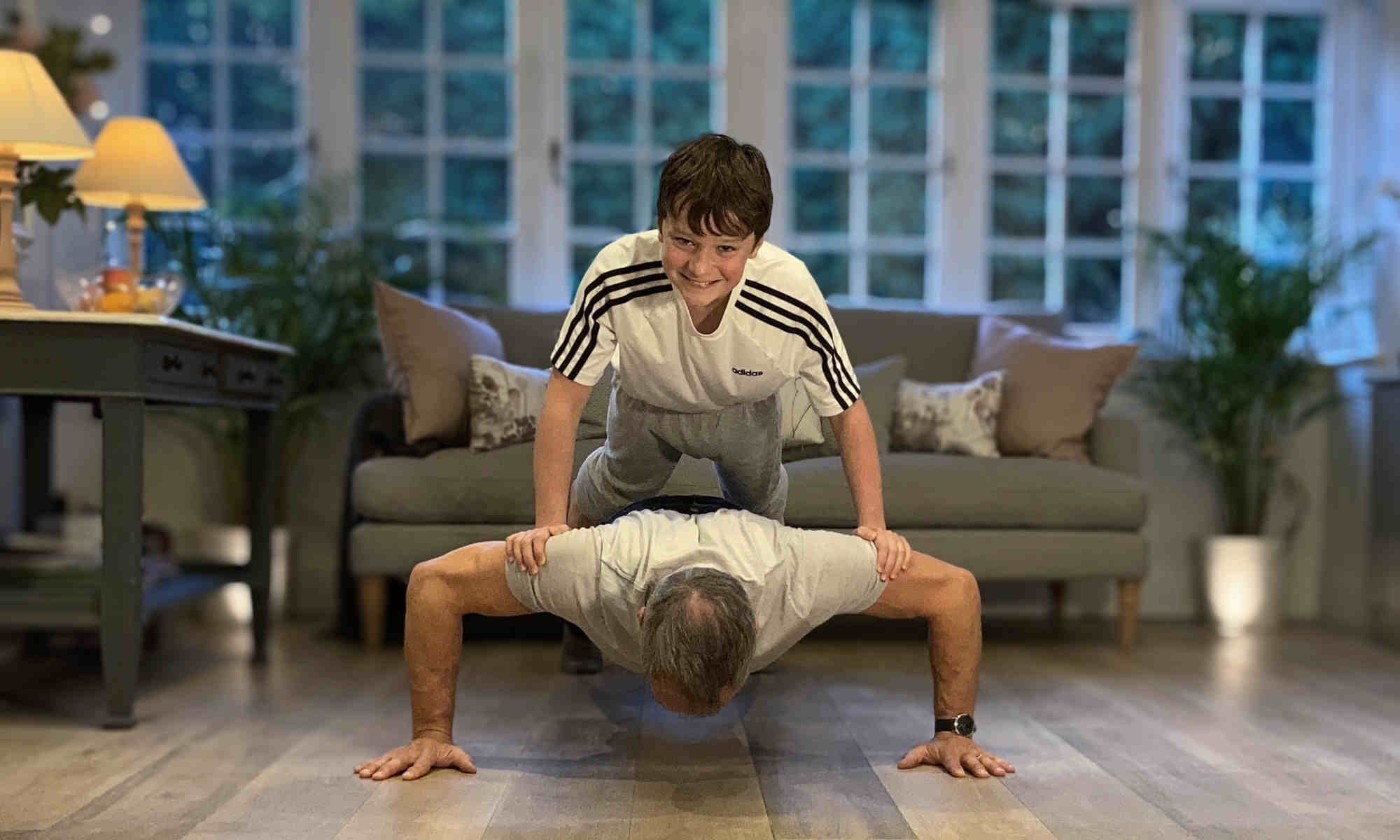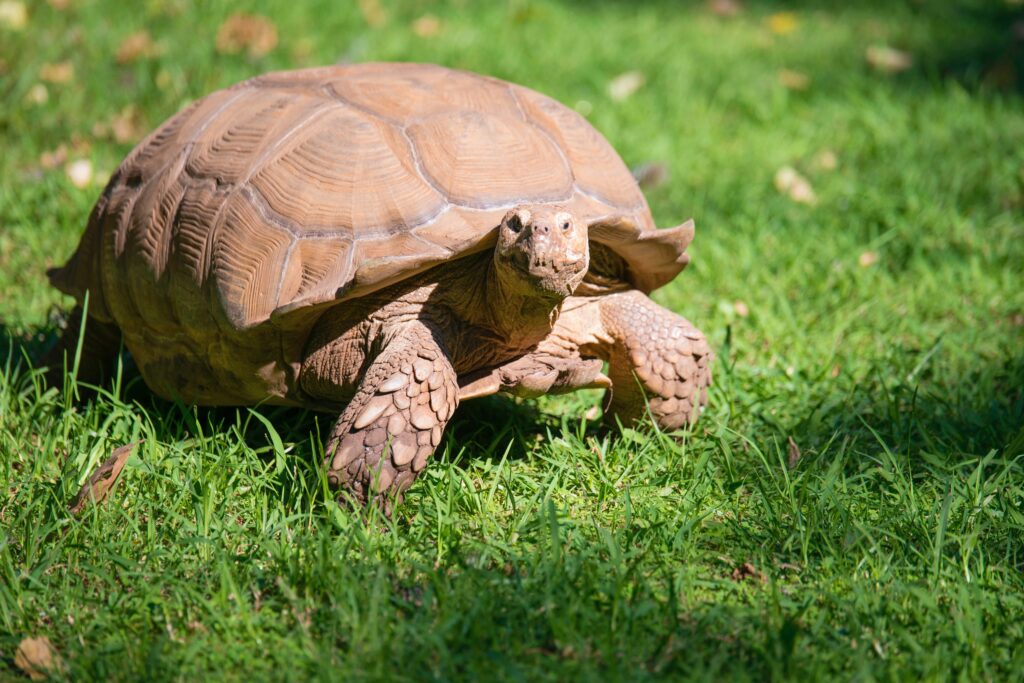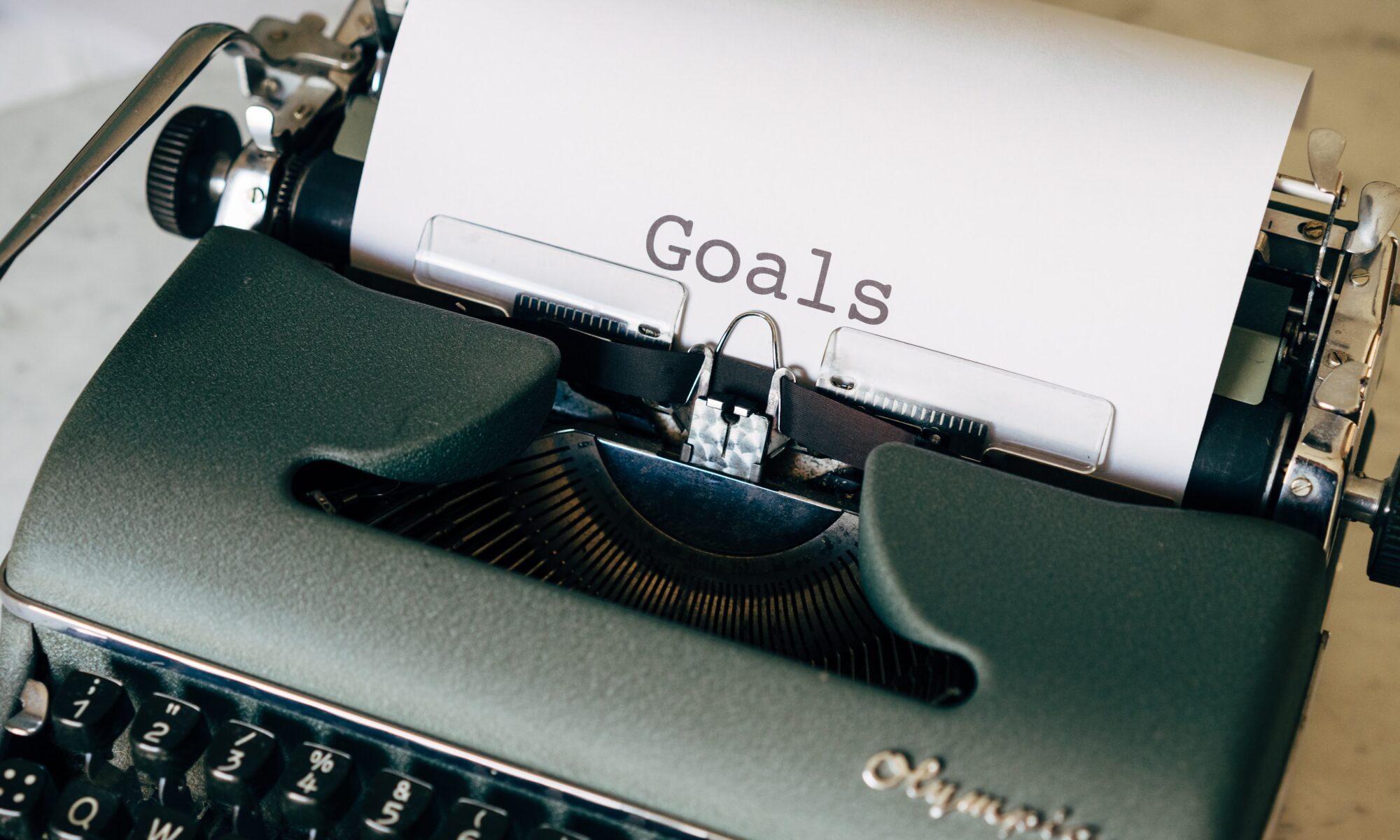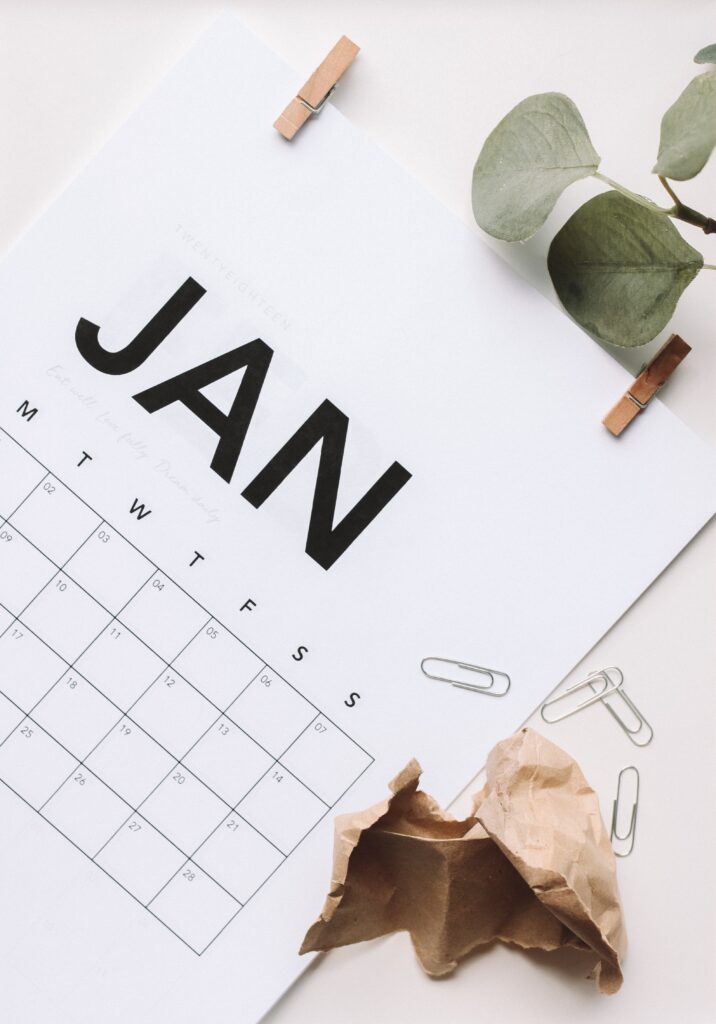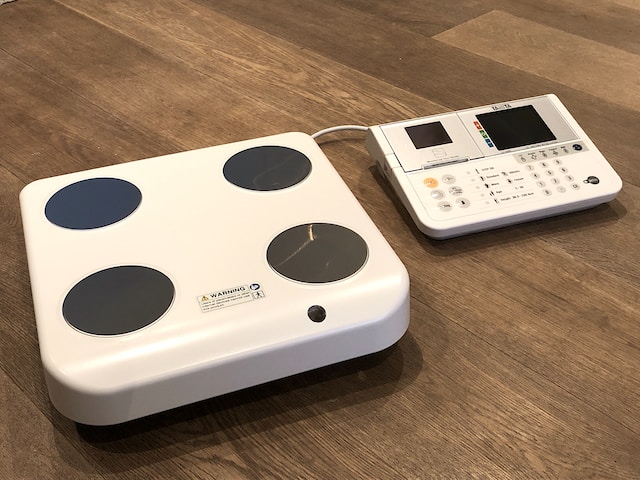
We were sat in a semi circle round the Tanita body composition kit. I was on my Health Assessment Specialist training and this was the practical where each of us was to manage and also undergo the customer experience of a body composition assessment. In my fifties at 56 years old I was the oldest in the 6 person group. The others ranged from mid twenties to late thirties.

I was customer number 5. So far the metabolic age the analysis had given people was 2 to 6 years different to their chronological age, some younger some older. No big surprises, most of us have an interest in health. a couple of PT’s, a nurse and a yoga teacher.
Standing still on the foot plates I was expecting quite a good reading, everyone seemed interested to see what the result was ( I had done surprisingly well on the grip test ). I saw the body fat percentage first, 14%. Pleasing, not my usual 10 – 12% but hey these things vary. As I was scanning the screen, the assessor read out “ The analysis is giving you a metabolic age of 41, that’s a calculation that gives you an idea of how old you are on the inside.” Silence.. .
Here I feel I have to add that this calculation gives you an idea of your age on the inside. It’s not measuring the biological age of your cells. For that you need to use something like Horvath’s epigenetic clock. But this metabolic age gives you an idea of how your body is operating. For me operating and feeling 15 ( or much more most days ) years younger than my chronological age? I’ll take that any day.
Now the human body composition assessment process is a crucial tool for men aged over 50 to understand their overall health and wellness. It involves measuring the different components of the body, such as fat mass, muscle mass, bone density, and water content. By analyzing these measurements you can calculate a metabolic age, you can gain valuable insights into your body composition and make informed decisions about lifestyle choices.
Metabolic age is a concept that refers to the comparison of your basal metabolic rate (BMR) with the average BMR of individuals in your age group. It provides an estimate of how efficiently your body’s burning calories. A lower metabolic age indicates a more efficient metabolism, while a higher metabolic age suggests a slower metabolism. Understanding metabolic age is significant as it can help men over 50 identify potential imbalances in their metabolism and make necessary changes to improve overall health and wellness.
The process is significant as it helps men identify potential health risks, such as obesity or muscle loss, and allows them to tailor their exercise and nutrition accordingly. Actually body composition assessment can also serve as a motivational tool, as you can track your progress and see the positive changes in body composition over time. Overall, understanding one’s body composition is essential for men over 50 to maintain optimal health and wellness.
Anyway back to the story:
“Bloody hell, that’s the same metabolic age as me.” The silence was broken and some chat ensued. After some training on the ECG procedure we broke for lunch. All of a sudden after that metabolic age result there was a lot of interest and questions for me. Mostly around what a health coach is and what did I do to get that result.
Well as a health coach I specialise in behaviour change, helping clients find their easiest and fastest route to better health ( here’s a link about benefits of health coaching in general ) I also got quizzed on my knowledge: food, movement, stress and the like. What I do was interesting for most, I explained how personally I have developed a routine where I minimise time in a gym, focus on health and longevity over athletic performance, don’t count calories and prioritise making food delicious. Mostly it was interesting as it was different to what most of my colleagues expected.
If you want to find out more book a call, read more of my posts or if you fancy being your own health coach read this post.
